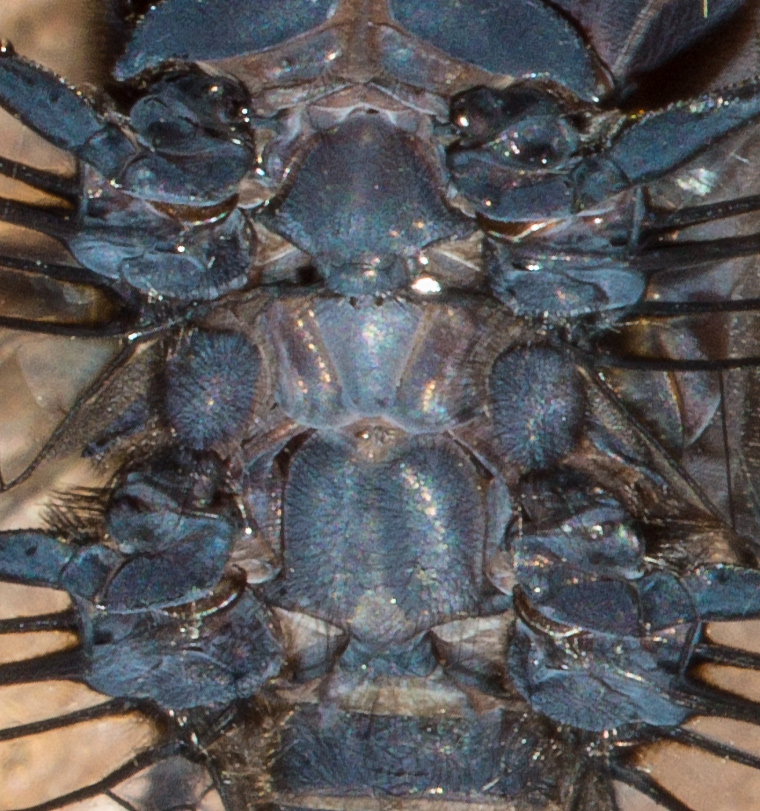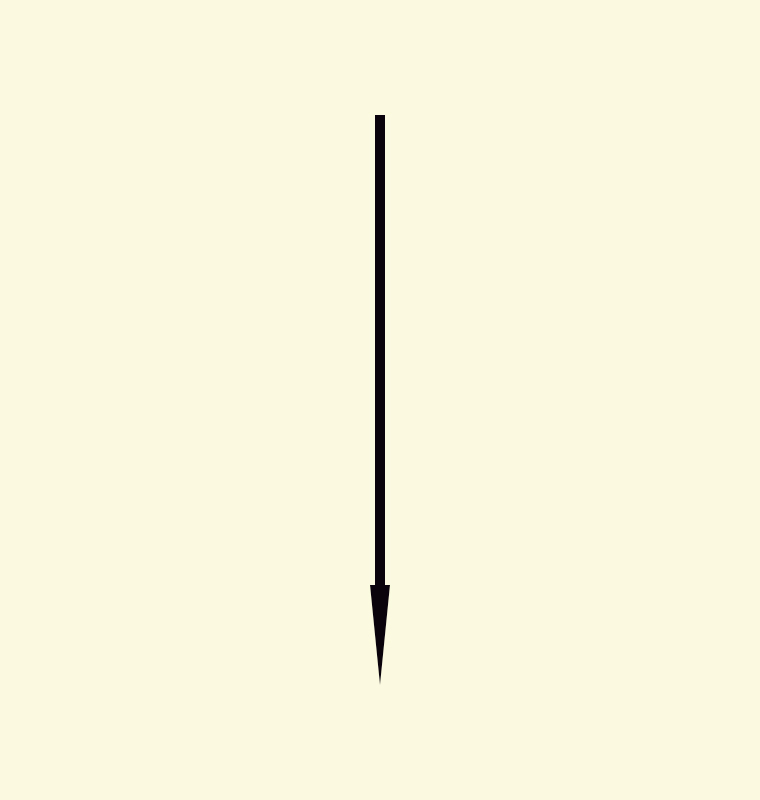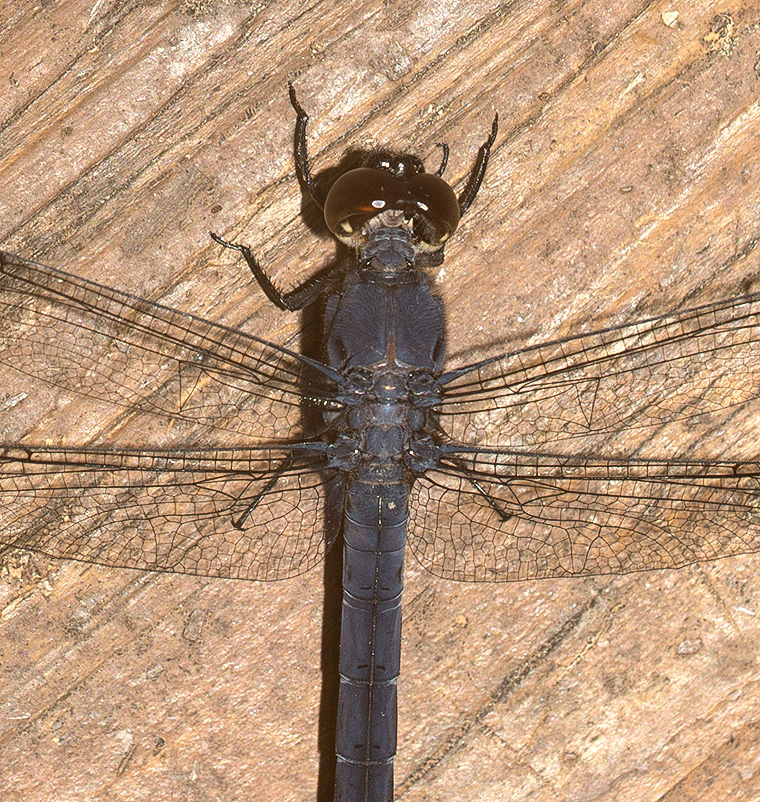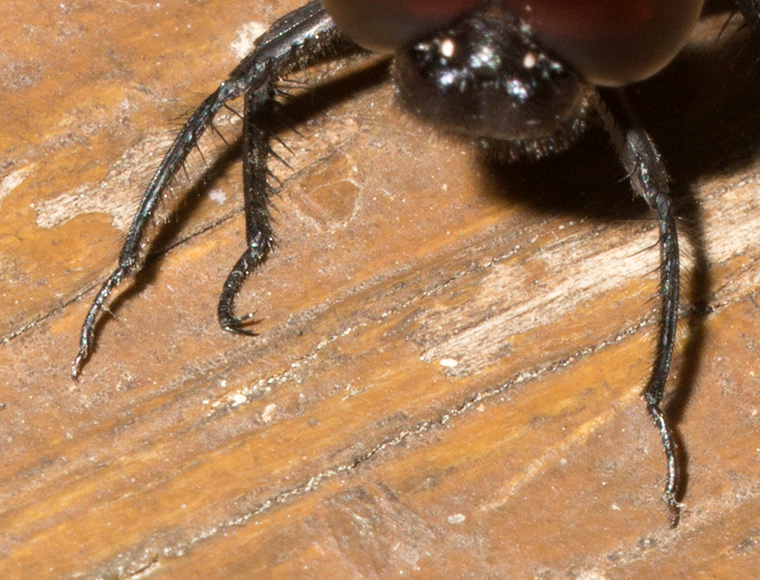What do you think this might be? An armored breastplate for some ancient warrior (who liked blue)?
Actually it is the part of this Slaty Skimmer(Libellula incesta) dragonfly’s back where the wings join the thorax. I found this wonderful creature dead on my back deck. This dragonfly, like other insects, has an exoskeleton; the joints and supporting structures for their appendages are thus visible on the outside of the creature.
In the photograph above you can see the joints between the portions of the dragonfly’s legs quite clearly. Humans, and other mammals, have an endoskeleton. Our skeletons of bones, which provide our support and the joints between them are not visible from the outside because they are covered by flesh and muscle. The muscles of insects are also not visible because they are inside the exoskeleton. You will be familiar with this configuration if you have ever tried to eat crab or lobster legs, because these creatures also have exoskeletons.
This configuration gives insects a “mechanical” appearance, and reminds us how fundamentally differently they are structured.




